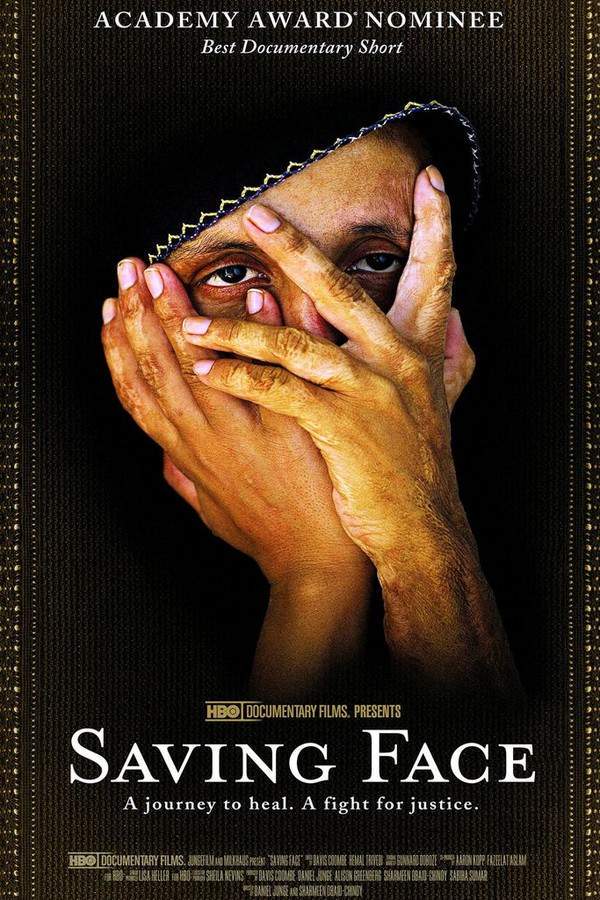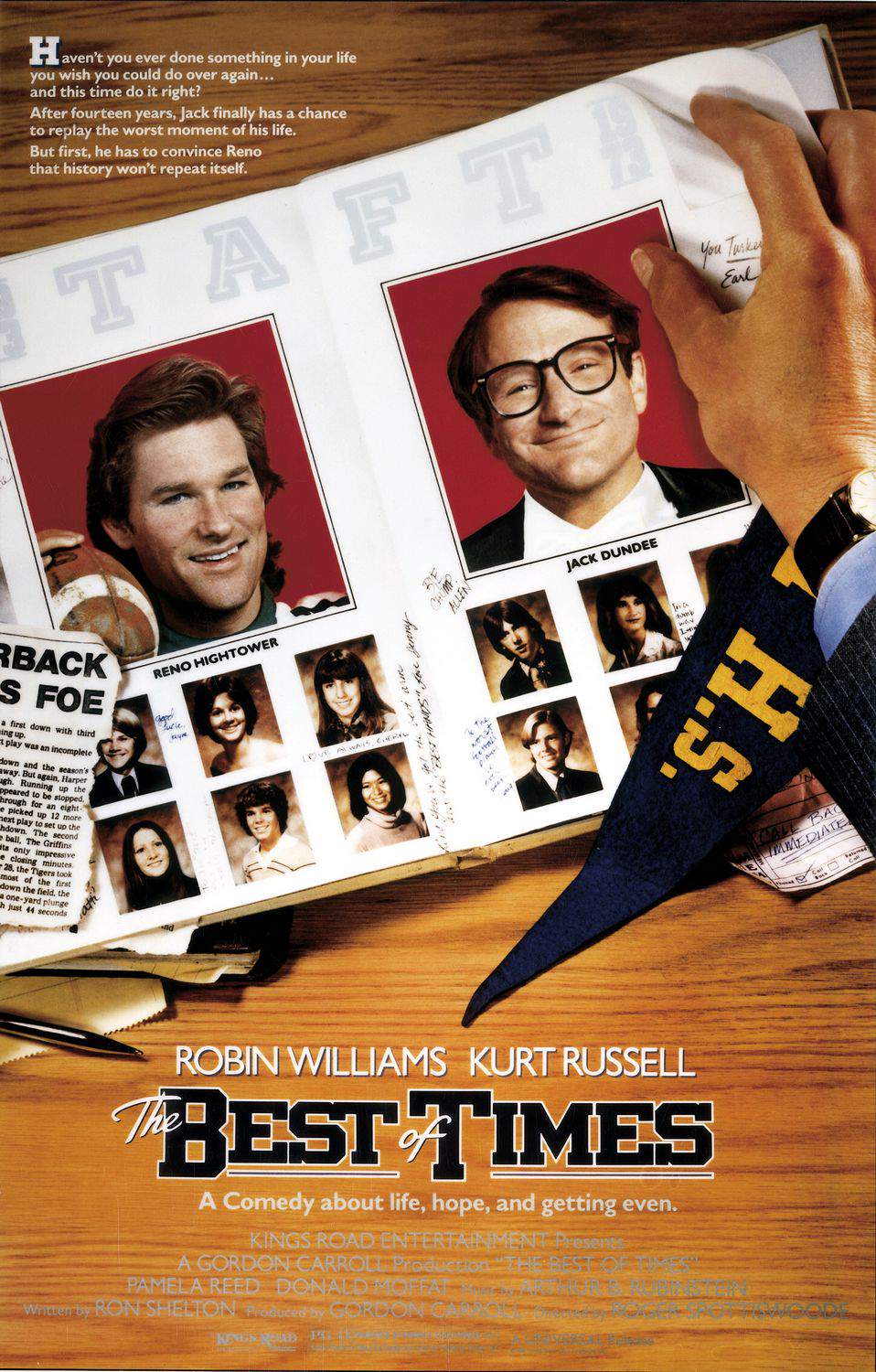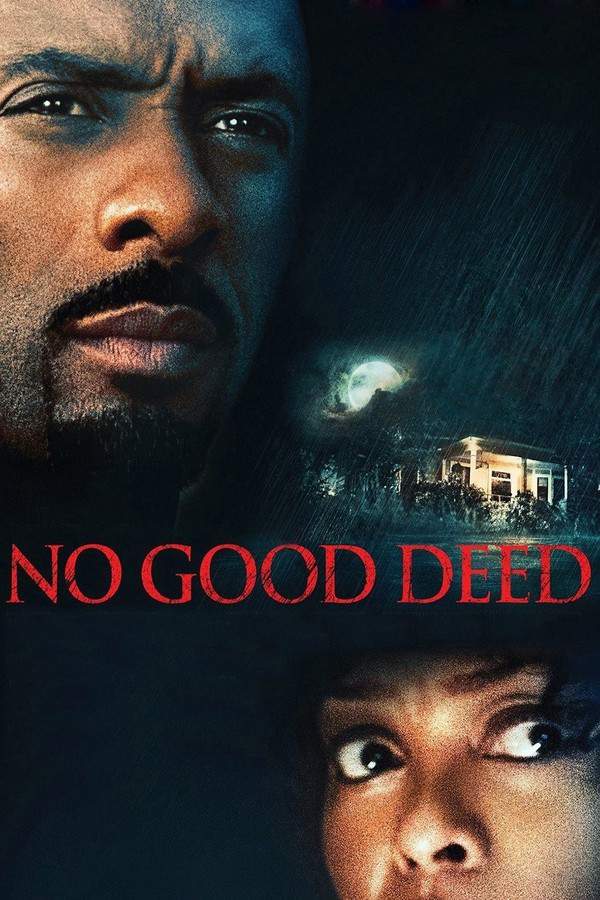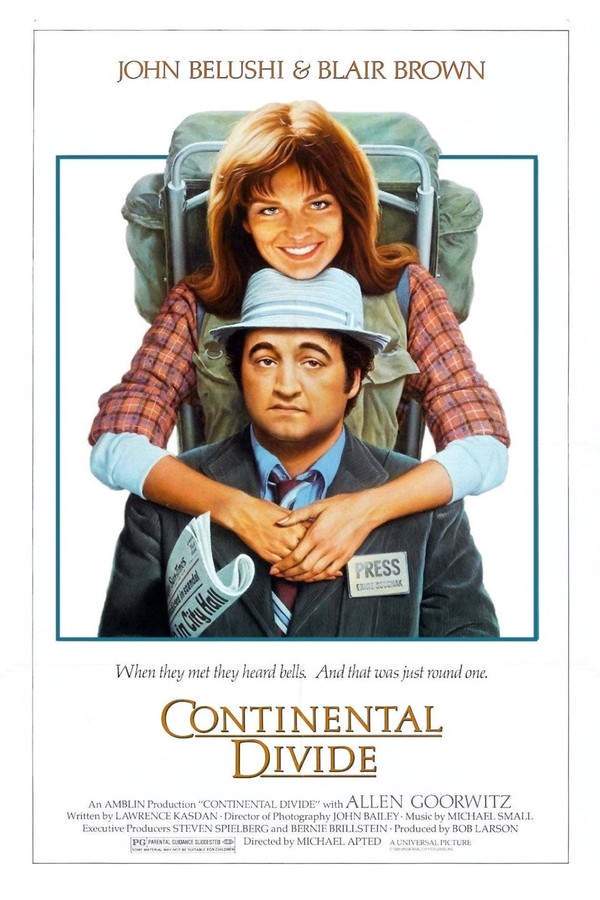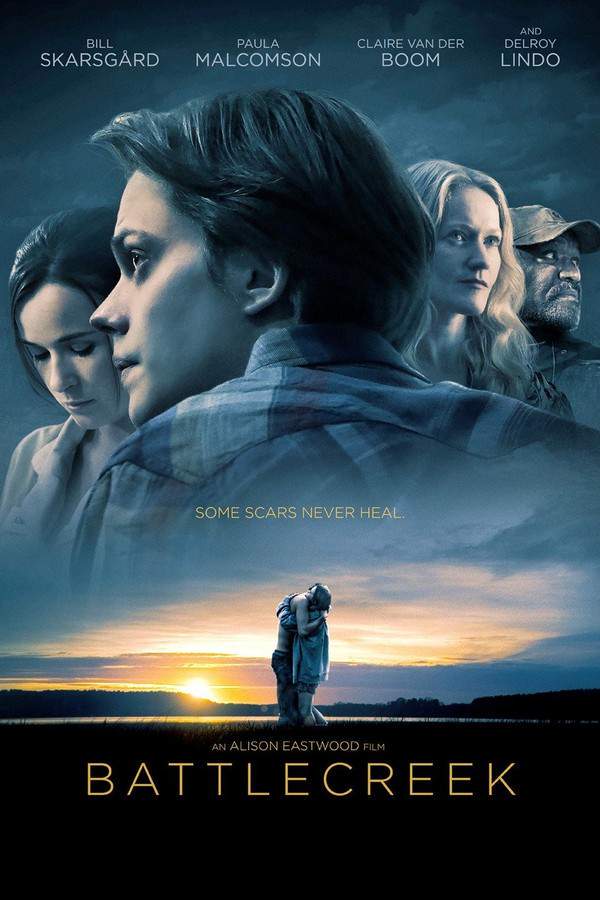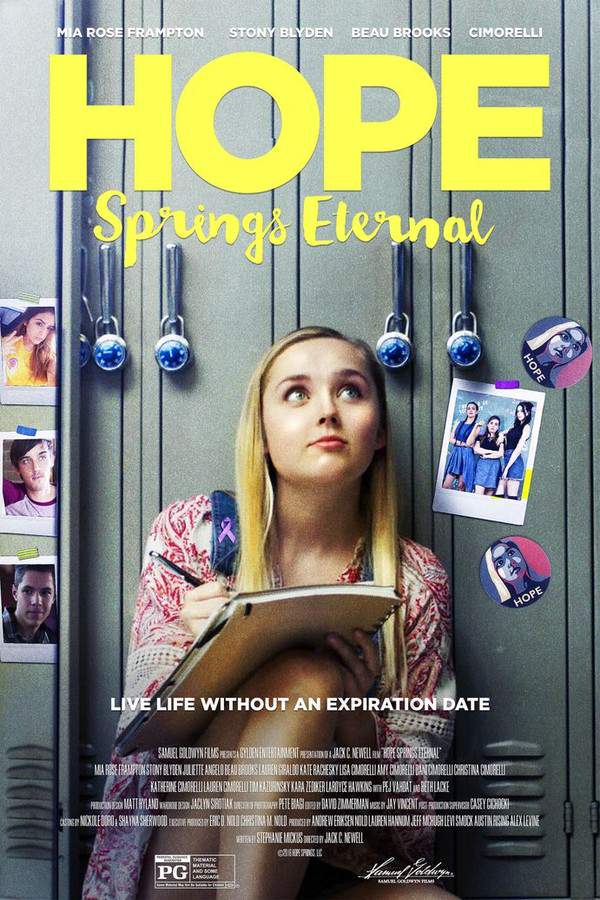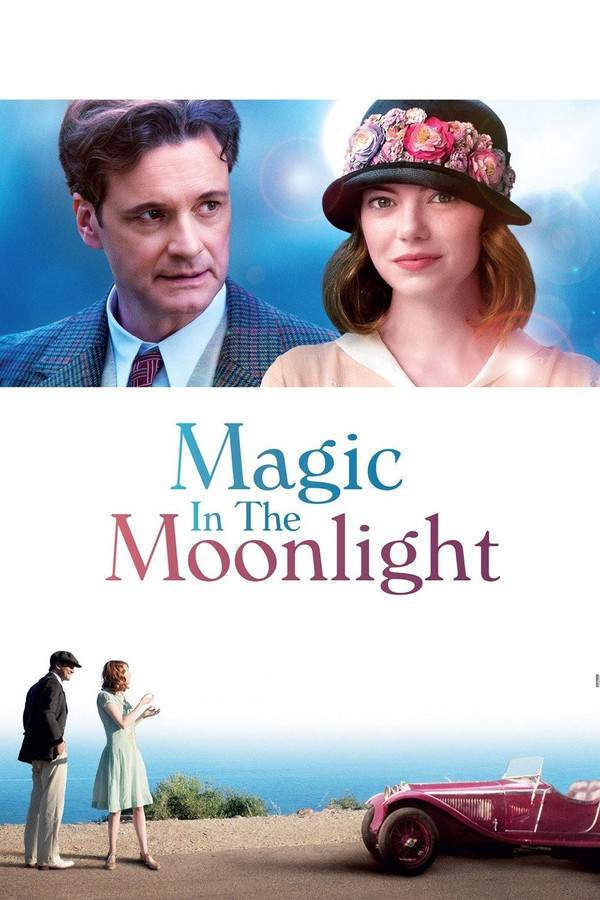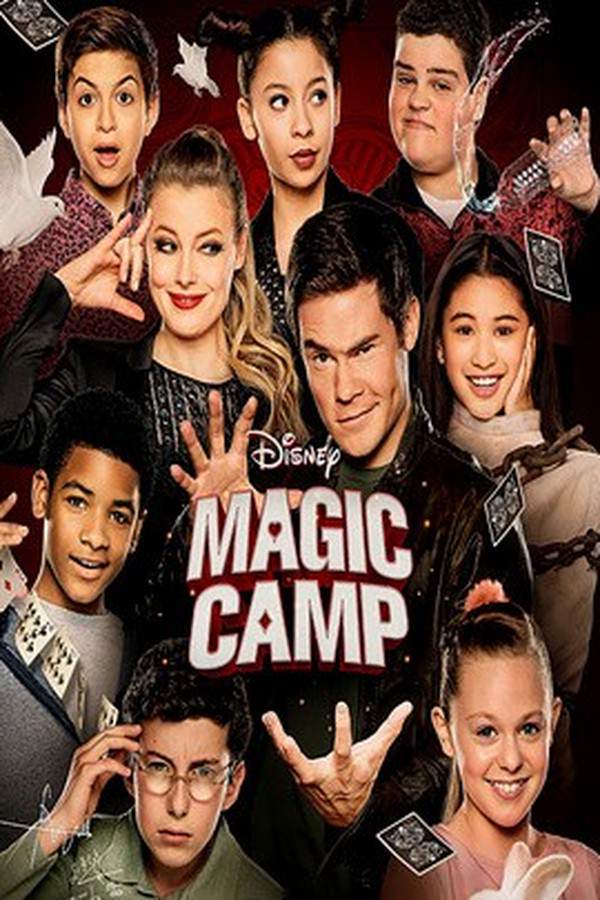
Magic Town
Year: 1947
Runtime: 103 mins
Language: English
Director: William A. Wellman
Rip Smith, whose opinion‑poll business is failing, discovers that the tiny town of Grandview mirrors the nation’s demographics. He and his team secretly flood the town with surveys, hoping to revive his venture, while civic activist Mary Peterman strives to keep the town unchanged. As Rip falls for Mary, their romance threatens his plan, turning everything upside‑down.
Warning: spoilers below!
Haven’t seen Magic Town yet? This summary contains major spoilers. Bookmark the page, watch the movie, and come back for the full breakdown. If you're ready, scroll on and relive the story!
Magic Town (1947) – Full Plot Summary & Ending Explained
Read the complete plot breakdown of Magic Town (1947), including all key story events, major twists, and the ending explained in detail. Discover what really happened—and what it all means.
Rip Smith [James Stewart] is a former basketball player and ex-military man who now runs a polling company, chasing a dream of a flawless, almost magical “miracle formula” that can deliver perfect survey results and outpace his rival firms. With limited funds and a stubborn drive to prove himself, he sets his sights on a new opportunity that could level the playing field against the industry leader. The spark comes when a friend and ex-Army comrade, Hoopendecker [Kent Smith], conducts a local survey in Grandview that unexpectedly mirrors a national study being chased by Rip’s larger rival. To Rip, this small-town sample seems like a precise microcosm of the country, and suddenly Grandview looks like the key he’s been seeking—if he can harness its data to reflect the nation as a whole.
Eager to test his theory, Rip lands a commission to survey attitudes toward progressive education, promising a result that will hold for the entire country and vowing to deliver it on the same day as the rival’s project. To carry out the job, his team travels to Grandview undercover, posing as insurance salesmen, while the town’s quiet rhythms become the testing ground for his grand plan. But a clash of priorities unfolds the moment Rip overhears a conversation that pits change against preservation. Mary Peterman [Jane Wyman], a determined advocate for a expansive civic center and new town investments, pushes hard to reshape Grandview, while Rip fights to keep the town from morphing into a living laboratory for his numbers.
Rip makes a bold opening move, delivering an electrifying speech to defend the town’s current character, which sways the conservative factions on the town council to side with him over Mary’s editorial agenda. The tension between them deepens into a complicated attraction: the more they spend time together, the more Rip’s professional judgment is blurred by personal feelings. He even volunteers to coach the local school basketball team and attends a community dance, where he meets Mary’s family in a social orbit that complicates his mission. Yet the truth of his approach looms beneath the surface as Mary quietly uncovers the deception—Rip isn’t merely studying Grandview; he’s using it to mirror the nation for his own commercial ends.
When Mary publishes her side of the story in the town paper, the ripple grows into a nationwide storm. A larger, national press outlet picks up the tale, turning Grandview into a symbol of how public opinion can be manufactured and sold. The town earns the label of “the public opinion capital of the U.S.”, and citizens begin offering freely their viewpoints on street corners, while the city council begins to dream aloud about a broader expansion. Rip and Mary are forced to confront the consequences of their actions, and the deeper questions of ethical surveying and civic responsibility come to the fore. The initial excitement curdles into shame, and Rip, feeling the weight of what he’s triggered, leaves Grandview and Mary behind. Not long after, a curious poll suggests Americans would even elect a female president, and the town becomes a target of ridicule, stalling the expansion plans and exposing the fragility of confidence built on manipulated data.
Yet the heart of the story remains: Rip cannot forget Mary. He returns to Grandview, compelled to face the truth of his feelings and the town’s unintended damage. Mary, acknowledging her own feelings, proposes a path forward that begins with repair rather than romance alone. To salvage Grandview, Rip turns to Senator Wilton [George Irving] for support and funding to save the town from collapse, presenting a plan to the city council that aims to stabilize the community without erasing its identity. The council, led by Nickleby [Howard Freeman], remains skeptical, and Rip’s resolve is tested when he tells Nickleby he is “walking out on the team” after a tense confrontation. The drama thickens when Hank Nickleby [Mickey Kuhn] reveals that his father already sold critical land intended for the town’s expansion to a private company, threatening the town’s future.
In a strategic turn, Rip quietly publishes portions of a long-ago council speech—where officials spoke of expanding Grandview “with their own hands”—to remind residents of the town’s democratic roots and collective voice. The public response is swift: readers pressure the council to prioritize the town’s own development, and the plan to sell land loses momentum. The sale agreement proves flawed, and the land is returned to the community. With the restoration of trust, the townspeople—led by a renewed sense of shared purpose—band together to build a civic center on the reclaimed land. In the end, the town’s pride is restored, and Rip and Mary forge a genuine partnership grounded in accountability and mutual respect.
This tale tracks the tension between ambition and integrity, showing how data and persuasion intersect with community values. It questions whether a single, slick formula can ever capture the living, evolving essence of a place, or whether true insight comes from listening to the people who call Grandview home. Through its arc of ambition, romance, and civic renewal, the story invites readers to consider how information shapes neighborhoods—and how honest collaboration can heal the unintended rifts that data-driven schemes can create.
Last Updated: October 09, 2025 at 10:50
Explore Movie Threads
Discover curated groups of movies connected by mood, themes, and story style. Browse collections built around emotion, atmosphere, and narrative focus to easily find films that match what you feel like watching right now.
Crisis of Conscience Stories like Magic Town
Stories where ambition clashes with community, forcing a moral choice.Explore movies like Magic Town where characters face ethical dilemmas that pit personal success against community values. These stories often involve deception, a charming setting, and a journey toward honesty and redemption, resulting in a hopeful and uplifting ending.
Narrative Summary
The narrative follows a protagonist who introduces a disruptive element into a stable community for personal benefit. As they become emotionally invested, their secret creates increasing tension, culminating in a crisis that forces a public confession and a choice to make things right, ultimately leading to personal growth and community healing.
Why These Movies?
These movies are grouped together because they share a specific moral and emotional arc. The focus is on the internal struggle of a flawed but redeemable character, the charm and integrity of the community setting, and the ultimately hopeful resolution that reinforces the value of honesty and connection.
Hopeful Romantic Comedies with Heart like Magic Town
Charming stories where love helps characters find their better selves.If you liked the charming romance and positive message of Magic Town, you'll enjoy these other hopeful romantic comedies. They blend genuine character growth with a sweet love story, creating an uplifting and reflective experience that celebrates personal redemption.
Narrative Summary
The plot revolves around a character who is initially misguided or driven by the wrong priorities. Their encounter with a love interest who embodies integrity challenges their worldview. The central conflict arises from this clash of values, but through the relationship, the protagonist evolves, leading to a resolution that affirmatively combines romantic fulfillment with moral growth.
Why These Movies?
These films share a cohesive vibe defined by an optimistic tone, medium pacing, and a focus on emotional maturity. The romance is intertwined with a theme of civic or personal responsibility, resulting in a story that is both charming and thoughtfully uplifting.
Unlock the Full Story of Magic Town
Don't stop at just watching — explore Magic Town in full detail. From the complete plot summary and scene-by-scene timeline to character breakdowns, thematic analysis, and a deep dive into the ending — every page helps you truly understand what Magic Town is all about. Plus, discover what's next after the movie.
Magic Town Timeline
Track the full timeline of Magic Town with every major event arranged chronologically. Perfect for decoding non-linear storytelling, flashbacks, or parallel narratives with a clear scene-by-scene breakdown.

Characters, Settings & Themes in Magic Town
Discover the characters, locations, and core themes that shape Magic Town. Get insights into symbolic elements, setting significance, and deeper narrative meaning — ideal for thematic analysis and movie breakdowns.

Magic Town Spoiler-Free Summary
Get a quick, spoiler-free overview of Magic Town that covers the main plot points and key details without revealing any major twists or spoilers. Perfect for those who want to know what to expect before diving in.

More About Magic Town
Visit What's After the Movie to explore more about Magic Town: box office results, cast and crew info, production details, post-credit scenes, and external links — all in one place for movie fans and researchers.

Similar Movies to Magic Town
Discover movies like Magic Town that share similar genres, themes, and storytelling elements. Whether you’re drawn to the atmosphere, character arcs, or plot structure, these curated recommendations will help you explore more films you’ll love.
Explore More About Movie Magic Town
Magic Town (1947) Scene-by-Scene Movie Timeline
Magic Town (1947) Movie Characters, Themes & Settings
Magic Town (1947) Spoiler-Free Summary & Key Flow
Movies Like Magic Town – Similar Titles You’ll Enjoy
Magic in the Moonlight (2014) Movie Recap & Themes
Magic Camp (2020) Plot Summary & Ending Explained
Magic (1978) Story Summary & Characters
Magic Lantern (2018) Detailed Story Recap
Christmas Movie Magic (2021) Complete Plot Breakdown
Magic Spot (2022) Complete Plot Breakdown
Magic in Mistletoe (2023) Ending Explained & Film Insights
The Magic Christian (1969) Movie Recap & Themes
Magic in Town (1968) Full Summary & Key Details
Rough Magic (1995) Full Summary & Key Details
Magic in the Water (1995) Full Movie Breakdown
Man About Town (1939) Story Summary & Characters
Christmas Town (2008) Movie Recap & Themes
The Magic Bubble (1992) Complete Plot Breakdown
Music Is Magic (1935) Movie Recap & Themes


